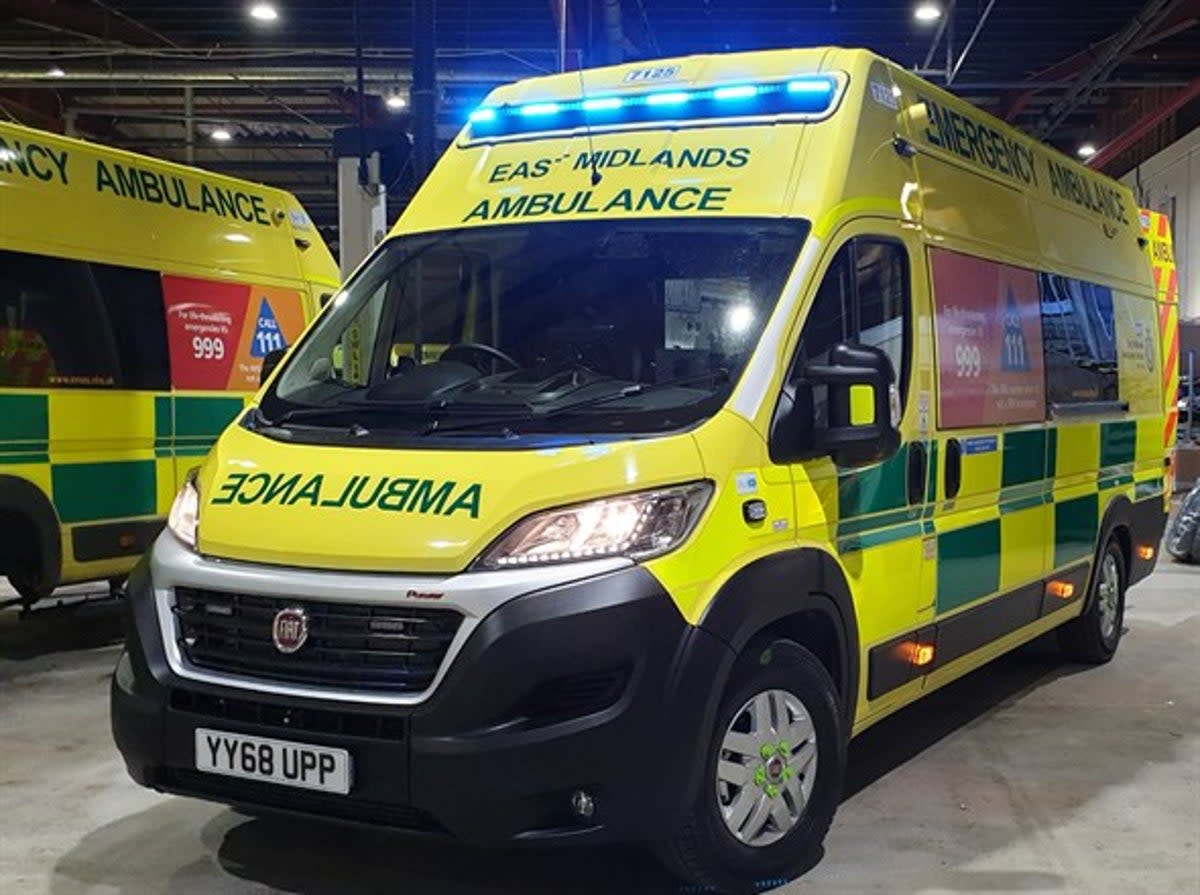Voices: NHS ambulances aren’t responding to emergencies as fast as they want to – here’s why

Over the past year, delays in transferring patients from an ambulance to a hospital have risen exponentially. In April 2022 there were over 41,000 delays of over 60 minutes, up over a staggering 450 per cent in 12 months.
This equates to 71,000 hours lost, with a significant risk of harm to patients, even though the proportion being taken to hospital by ambulance has fallen thanks to successful initiatives such as “hear and treat” and “see and treat”.
These delays mean that, too often, ambulance crews are not able to respond to 999 calls from critically ill patients. Instead they are being held in “stacks” of hundreds each day – as ambulance control room teams strive to prioritise overstretched resources. The current reality is that crews are often waiting with patients in hospital corridors or outside, hearing urgent calls to which they are unable to respond.
For the patients in the back of ambulances, it can be many hours before they receive definitive assessment, treatment and admission where needed. We know this is unacceptable and is leading to an increasing number of serious incidents.
In addition to the direct impact on patients, this is incredibly demoralising, even traumatising, for many staff involved. This is particularly the case for those in the control room with no available crews to send to people clearly in need, and for the clinicians reaching patients after lengthy delays since the first call for help.
Everyone in the sector recognises the need for ambulance crews to be able to hand over patients quickly so they can get back on the road answering emergency 999 calls.
But they are a symptom of much wider pressures. At the end of April, 62 per cent of the 20,155 patients who were medically fit to be discharged, remained in hospital. Due to stretched and underfunded services in care, and a lack of social care provision, patients cannot be discharged safely. And so the pressure grows.
There are other capacity constraints too. Hospitals are struggling to deal with rising urgent and emergency care demand while making crucial progress on reducing the care backlog. Mental health services are also under incredible strain, with latest data showing that 1.6 million people are in contact with secondary care services. Some may still be waiting to be seen. The number of children and young people in this position is almost three times higher than when records began.
Tackling handover delays is the most immediate and pressing challenge facing health and care services. It demands increased collaboration, as enshrined in the Health and Care Act. In practice, this means trusts, together with partners in local government and primary care, looking at the challenges and seeking solutions.
To keep up to speed with all the latest opinions and comment, sign up to our free weekly Voices Dispatches newsletter by clicking here
Greater recognition of ambulances as “critical assets” may help systems to unlock the solutions they need. By that we mean staff and equipment with very limited availability which deliver specialist clinical skills and are the only resource that can manage the care required.
Recognising ambulances as critical assets would mean they are protected in the same way hospitals work to protect their intensive care beds. This relies on there being adequate capacity across the system but a shift in mindset would be a helpful start.
There is no quick and easy fix to handover delays. If there were, they would have been eradicated long ago.
But as NHS England finalises its forthcoming urgent and emergency care strategy, there is an opportunity to harness the potential of trusts working in systems to make a real difference for patients and staff.
Daren Mochrie is chair of AACE – the Association of Ambulance Chief Executives, Saffron Cordrey is interim chief executive at NHS Providers

